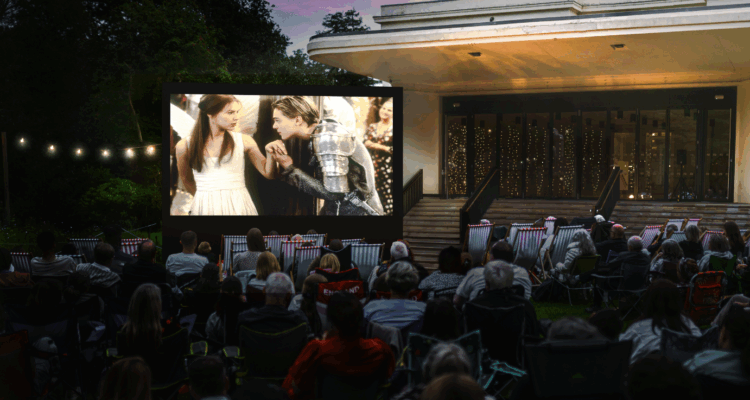Thoughts on the Kindle
Being in the UK I haven't yet managed to get my hands on one of Amazon's new Kindle ebook devices. But judging from the pictures it is an ugly duckling compared with the Sony Reader. I actually like the idea of ebooks and did a lot of reading on my PDA until I killed it with over work. What I don't like is a device that monitors your usage, records your actions and restricts your ability to share and copy material you have paid for. Yes folks, the Kindle does all that.
The people who like ebooks most of all are publishers. They are much cheaper to produce than the real thing and if you load them up with DRM (Digital Restrictions Management) software you can sell the same file to the same person several times over. Over the last few years there have been signs that publishers have been losing control of the distribution channels. Self-publishing is growing fast and just as bands like Radiohead and Nine Inch Nails have been able to escape the grip of their record companies, so the day is fast approaching when writers will want to do the same. Deals with companies like Amazon help lock the new digital distribution channel to the major players and offer the chance to control it.
But what I worry about most when it comes to the relationship between book publishers and the makers of devices like this is the future. If books become something to be stored and deleted, or sold with a limited life expectancy, available only for a while before they vanish, or dependent on an Internet connection, or something that is updated as circumstances change, what will the future know of us? What will the future know?
In a terrific post on the future of the book (via BoingBoing) Mark Pilgrim quotes Orwell:
Day by day and almost minute by minute the past was brought up to date. In this way every prediction made by the Party could be shown by documentary evidence to have been correct; nor was any item of news, or any expression of opinion, which conflicted with the needs of the moment, ever allowed to remain on record. All history was a palimpsest, scraped clean and reinscribed exactly as often as was necessary.
I like devices like the Kindle. I think they are a great addition to the ways of reading we already have. But I hope this isn't the only way books are published in the future. In the Spring I am going to be teaching a class on Fahrenheit 451. I'm afraid my memory isn't good enough to make a good revolutionary.
Posted by Chris Routledge, Powered by Qumana
Share
Related Articles

Open Air Cinema and Theatre FAQ’s
If you were able to snap up tickets to our Open Air programme this summer, check below for any queries…

New Liverpool open air cinema brings movies to the Mansion
NEW FOR 2025: Eight handpicked films will hit the big screen in Calderstones Park this summer as national Shared Reading…

A breath of fresh air! This summer’s outdoor and cultural events at our Calderstones Park home
The Reader serves up a giant scoop of summer arts and entertainment from three special summer garden parties with special…


